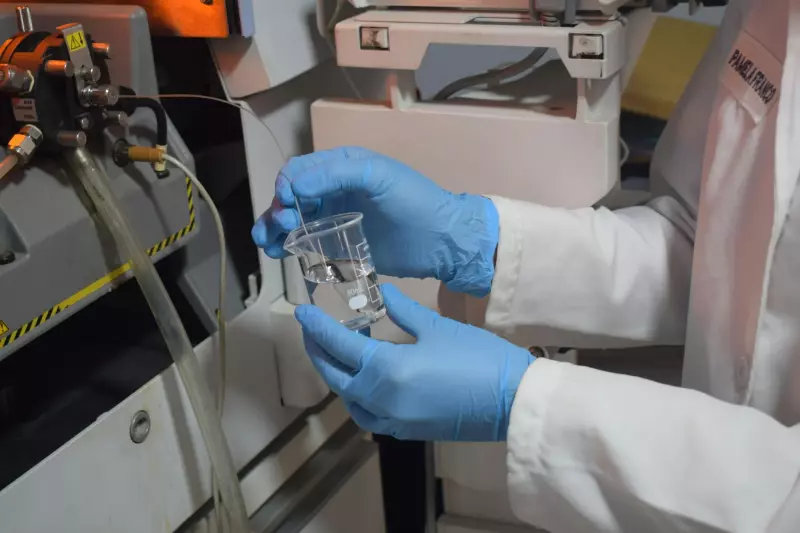
Periodic Laboratory Tests for Water Purification Systems
Periodic Laboratory Tests for Water Purification Systems
Contents
Today, accessing healthy and safe drinking water is critically important for both individuals and businesses. Water purification systems offer an indispensable solution to meet this need. However, to maintain the efficiency and safety of these systems, it is essential to perform regular water analysis testing. Especially tap water analysis tests help both individual users and organizations verify their water quality. So why are periodic water tests so crucial? Let’s dive into the details.
The Importance of Periodic Tests for Water Purification Systems
Over time, water purification devices can lose efficiency, and filter systems may degrade. This can lead to the accumulation of unwanted microbiological and chemical contaminants. Regular testing in a professional water analysis laboratory helps identify such risks early, ensuring ongoing health protection. Additionally, performing public health water analysis confirms that purification systems comply with local and international standards.
Which Tests Should Be Conducted?
- Physical Tests: Measurements of color, odor, taste, and turbidity.
- Chemical Tests: pH, heavy metals, chlorine, nitrate, and nitrite levels.
- Microbiological Tests: Analysis of total coliforms, E. coli, and enterococci bacteria.
- Organoleptic Tests: Examination of the sensory properties of water.
How is Water Analysis Performed?
Tests conducted by a professional water analysis laboratory follow specific procedures:
- Sample Collection: Water samples are collected using clean sampling bottles following strict protocols.
- Laboratory Phase: Samples are tested for physical, chemical, and microbiological parameters.
- Result Reporting: The results are documented in a detailed report, including recommendations if necessary.
How Often Should Periodic Tests Be Conducted?
The frequency of water tests can vary depending on the system's usage intensity and the local water source quality. General recommendations are as follows:
| Condition | Recommended Testing Frequency |
|---|---|
| Individual Home Use | Once a year |
| Food Production Facilities | Every 3-6 months |
| Healthcare Facilities | Every 3 months |
| Hotels and Resorts | Every 6 months |
Why is Water Microbiology Critical?
Water microbiology studies reveal the microbiological risks that water may pose to human health. Especially the presence of harmful bacteria like E. coli can lead to serious health issues, making regular testing essential to keep threats under control.
Conclusion
To maintain a healthy life, one should never compromise on water quality. Regular water analysis testing and tap water analysis ensure the effectiveness of your water purification systems. Protect your health and reputation by collaborating with a reliable water analysis laboratory for periodic testing!
Frequently Asked Questions
What is water analysis testing?
Water analysis testing involves scientifically examining the physical, chemical, and microbiological properties of water.
Why is it important to conduct a tap water analysis test?
Tap water can be contaminated due to infrastructure issues or environmental factors. Testing verifies its drinkability and safety.
How long does it take to get water analysis results?
Depending on the scope of testing, basic water analysis results are typically available within 3–7 business days.
When should water microbiology analysis be performed?
Microbiology testing should be done when a new water source is activated, if there are doubts about existing water quality, or during regular periodic checks.
Which standards are followed in public health water analysis?
Public health water analysis follows national and international standards such as TSE, WHO, and EPA guidelines.

